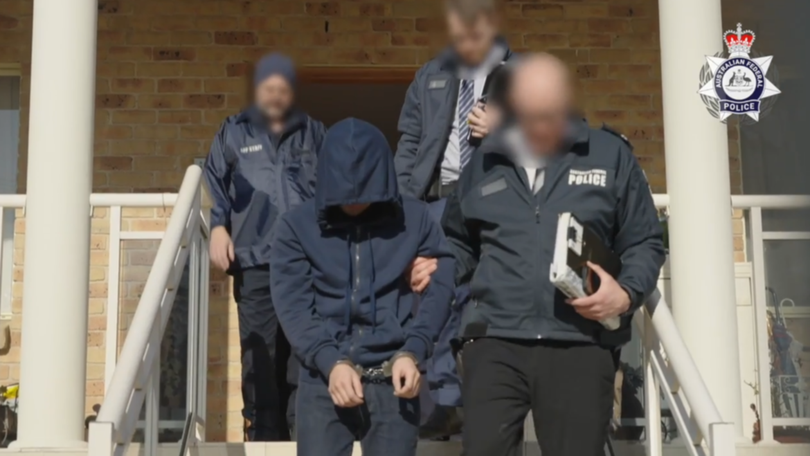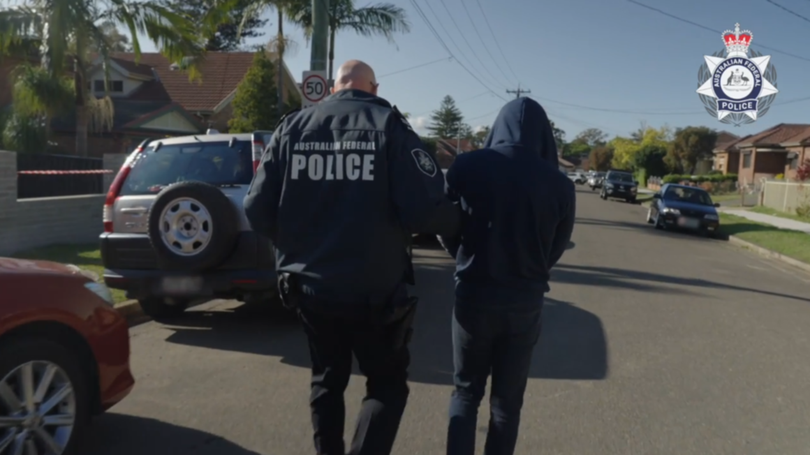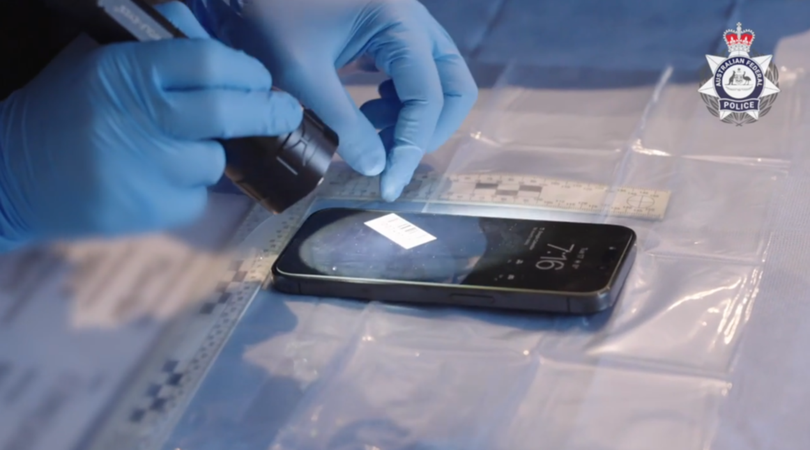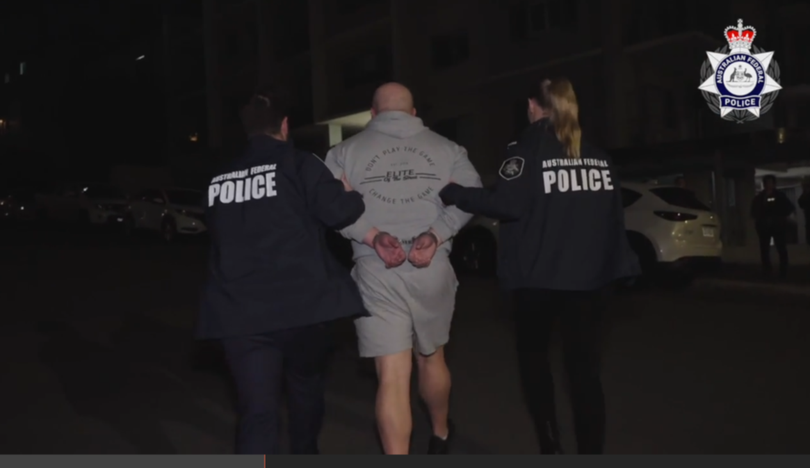AFP infiltrates encrypted messaging platform Ghost allegedly used by criminal underworld

The alleged mastermind behind an encrypted messaging platform used by the criminal underworld for large-scale drug trafficking, homicides and money laundering was a “computer geek” who police believe was motivated by profit.
Jay Jung - a karaoke-loving cleaner from Sydney’s south - allegedly created the app, Ghost, nine years ago when he was just 23.
The now 32-year-old, who was charged late on Tuesday, is the first Australian-based person accused of creating such a platform.
Sign up to The Nightly's newsletters.
Get the first look at the digital newspaper, curated daily stories and breaking headlines delivered to your inbox.
By continuing you agree to our Terms and Privacy Policy.Police allege Jung ran the network from his bedroom at his parent’s Narwee house and made hundreds of thousands of dollars from administrating the platform.
The “impenetrable” platform was used as a “closed club run by criminals for criminals”, with members of outlaw motorcycle gangs, Middle Eastern organised crime, Italian organised crime and Korean gangs among its users, Australian Federal Police Deputy Commissioner Ian McCartney said.
AFP technical experts managed to infiltrate the platform in March by modifying the administrator’s software updates, giving them access to 125,000 messages and 120 video calls.
Police were able to “infect the devices” to de-encrypt the messages in Australia to monitor them, McCartney said.
Cracking the “unhackable network” meant police were able to stop 50 threats to life, which ranged from extortion and aggravated assault to kidnapping and murder.
In one case, an image was shared of a person with a gun to their head and police had just an hour to respond, AFP Assistant Commissioner Kirsty Schofield said.
“We were able to mitigate all the threats to life and harm that we came across on this platform,” she said.
Some 700 Australian Federal Police members were involved in more than 70 searches nationwide this week as police hunt down those involved.
Thirty-eight people were arrested — 23 in NSW, 13 in Victoria, and one each in South Australia and Western Australia — while 205kg of drugs, 25 weapons and $1.2 million in cash were seized.
Overseas, near-simultaneous police action is being undertaken in Ireland, Italy, Sweden and Canada.
Up to 50 alleged Australian offenders accused of using Ghost are facing serious charges, including significant prison sentences if convicted.
Police expect more arrests to follow.


Neighbours reported a heavy police response as tactical officers descended on Jung’s Sydney home.
Time was crucial to prevent the alleged mastermind from wiping any evidence, Schofield said.
“It was really important to get entry to the house very quickly,” she said.
“The administrator has the ability to wipe the communications on the system.
“Our tactical teams were able to secure him and the devices in under 30 seconds.”
The 32-year-old was “slightly surprised” to see police come knocking, McCartney added.
Police said the accused does not have a criminal history.
He faces charges of supporting a criminal organisation, benefitting from proceeds of crime and dealing in identification information and is expected to appear before Downing Centre Local Court on Wednesday.
It will be alleged Jung used a network of resellers to offer specialised handsets to criminals worldwide.
The handsets, which were a modified smart phone, were sold for about $2,350, which included a six-month subscription to an encrypted network and tech support.
As of September 17, the AFP will allege there were 376 active handsets in Australia.
The AFP operation was conducted alongside a global task force established by Europol to dismantle the platform including the FBI, French National Gendarmerie, the Royal Canadian Mounted Police and the Irish Garda Siochana.

Originally published on 7NEWS
